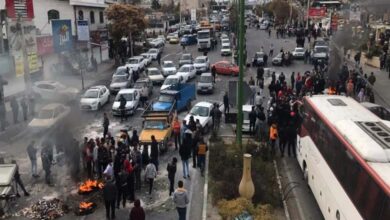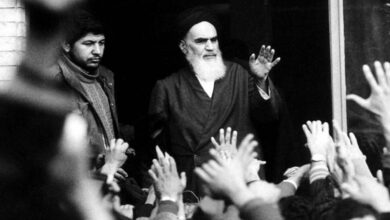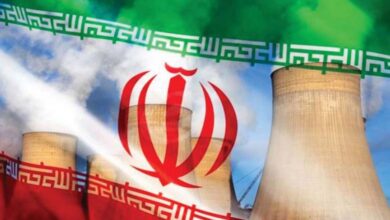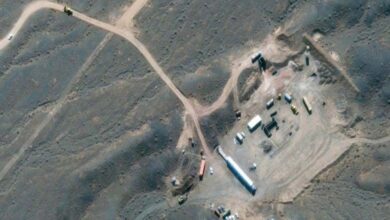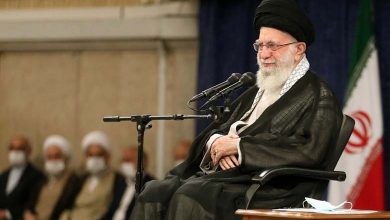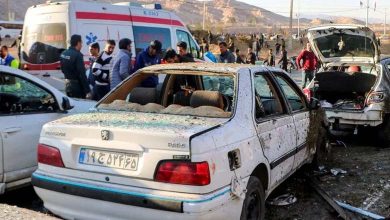After public executions.. Protests in Iran continue to rage
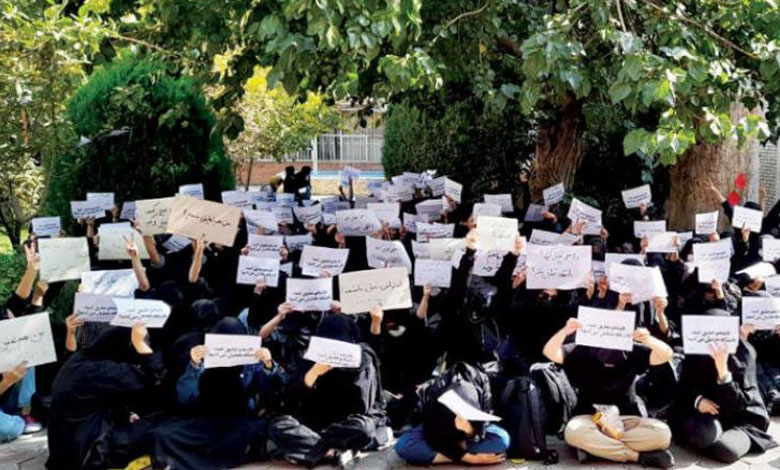
In the early hours of Monday, protester Majid Reza Rahnavard was hanged in public in Iran’s religious city of Mashhad, in a clear sign of Iran’s intention to suppress the protests that have swept the country in recent months. Rahnavard, the second protester to be executed since the protests began in mid-September, was sentenced to death less than a month after his arrest for the killing of two security officers, an unusually swift revenge on Iran’s usually slow judicial system.
Public panic
“I was screaming at home thinking my children could be next,” said Leila, a 43-year-old cleaner who lives in Karaj, a city west of Tehran, from the moment I heard about the hangings. “In our village, a murder sentence was suspended for eight years until the victim’s family pardoned him. How can these young men be hanged so fast?” “.
According to the Financial Times, the country has been in the grip of protests since the death of Mahsa Amini, a young Kurdish woman, in police custody for alleged non-compliance with dress codes. At least 60 members of the security forces were killed during the protests, according to the IRGC-affiliated daily Javan. Official figures put the death toll, including that of security personnel, at 200, but Amnesty International says more than 300 protesters were killed, including 44 children.
According to Amnesty International, at least 20 other protesters are reportedly facing execution and others in prison are awaiting trial on serious charges – which could lead to the death penalty – including a rapper, a doctor, an actor and a football player.
New Executions
One of the regime’s confidants said more hangings were likely, adding: “We have to resolve this crisis at home, this movement should not expand, some protesters might show hell but not be pushed to hell they won’t hang but those who killed security forces will be executed for sure.”
According to the Financial Times, with protesters demanding the overthrow of the Islamic Republic and its replacement by a modern, secular state, Tehran has made few concessions since the protests began. The law governing the wearing of headscarves has not changed, though in practice it has loosened regulations and many women in Tehran no longer wear headscarves. The willingness to execute two of the protesters underlines the fact that the hardliners are in full control of the Iranian state.
“It is unfair to show mercy to those who created insecurity for citizens with an active role in the unrest” and those who “threatened companies and truck drivers”, said Gholam-Hossein Mohseni-Eje’i, the head of Iran’s judiciary. The first to hang was Mohsen Shekari, a 23-year-old protester, convicted of blocking a street in Tehran and stabbing a security official. He was convicted of fighting God, and he and Rahnavard made “confessions” in state media.
Popular campaigns
The British newspaper reported that Iranians launched a social media campaign against the executions, but few took to the streets. Some European politicians campaigned on behalf of jailed dissidents such as Toumaj Salehi, a rapper, and Mohammad Mehdi Karami, a national champion of martial arts, to help prevent their execution. Karami was convicted of murdering a security official, and the authorities’ strategy could backfire.
Ali, a 40-year-old engineer who did not want to be published for his real name and current job, fears more executions down the road. “The only hope I have is when I see the authorities making more miscalculations and mistakes like these executions that might ultimately help make this big change,” he said.


